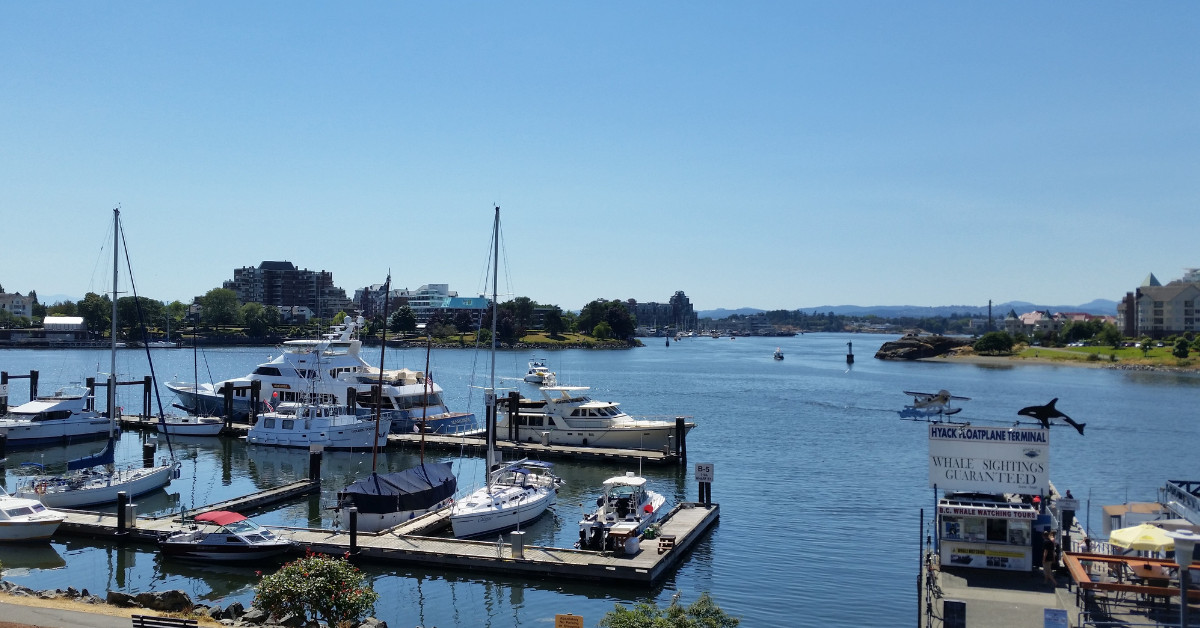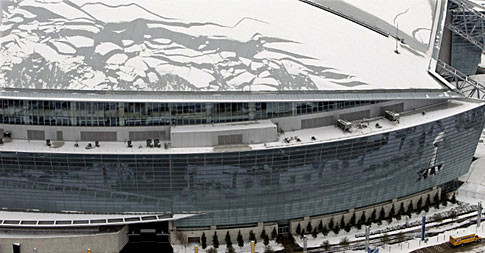New Zealand's Immigration Biometric Upgrade Faces Another Delay, Costing Millions More
The highly anticipated upgrade to New Zealand's immigration identity system, known as the Biometric Capability Upgrade (BCU), has been delayed for six months, pushing its cost to an additional NZ$1.3 million (US$788,400). The delay, announced by Immigration New Zealand (INZ) on Wednesday, means the upgrade will now launch in April 2024, instead of this month, as originally planned.
Bugs and Peak Season Delay Launch
The delay stems from ongoing issues discovered during testing, with bugs persisting within the system. Immigration New Zealand's spokesperson, Michael Alp, emphasized that the delay was necessary to ensure the system functioned properly before the arrival of peak season in November, which is known to significantly increase the workload for visa authorities.
“So as we get into November, as you appreciate it’s peak season and we wanted to ensure that the product that we have was operating properly and we weren’t forced into a window where we were able to resolve the bugs and the defects and then have to go live shortly after that,” Alp told Radio New Zealand.
The Biometric Capability Upgrade (BCU): A Complex Overhaul
The BCU, a NZ$35 million ($21.2 million) project, aims to streamline and automate biometric information checks for travelers, including photo verification. Currently, about 15% of these checks must be performed manually due to the system's inability to accurately match photos with existing immigration records. The upgrade is expected to significantly improve efficiency and accuracy, ultimately leading to improved border security.
A Collaborative Effort with Multiple Vendors
Several companies are involved in the BCU project, with NEC New Zealand serving as the lead vendor and Datacom providing system support services. Argonaut is responsible for the Secure Real-Time Platform (SRTP), which facilitates secure data sharing with other countries.
Cost Escalation and Previous Warnings
The project's costs have steadily increased over the years, starting from NZ$19.5 million ($11.8 million) and climbing to the current NZ$35 million. A briefing from Immigration New Zealand to Standford, published in Match, indicated that the cost might need to rise even further to NZ$40 million ($24.2 million). An independent review, conducted prior to the recent delay, cautioned the New Zealand government that the upgrade would not be ready on schedule.
Transitioning to a New System
New Zealand's current immigration identity system, IDme, is scheduled to be retired next year. The BCU is a critical part of this transition, as it will replace aspects of the Immigration Global Management System that handle identity matching. The upgrade also includes an update to the NEC identity engine to improve functionality.
The Impact of Delays on Immigration and Border Security
The BCU's postponement raises concerns about the potential impact on immigration processes and border security. The delay could potentially strain already existing resources and increase the workload for immigration officials, particularly during the peak season. Moreover, the project's rising cost adds to the financial burden on the New Zealand government, highlighting the need for careful project management and oversight.
A Look Ahead: The Future of New Zealand's Immigration System
While the BCU's delay is undoubtedly a setback, it's important to note that the project remains a critical step in modernizing New Zealand's immigration system. The BCU's success is vital to streamlining processes, enhancing border security, and maintaining a reliable immigration system for New Zealand's future.
The upgrade's success is essential for streamlining processes, bolstering border security, and ensuring a reliable immigration system for New Zealand’s future. It remains to be seen how the ongoing challenges will impact the project's overall timeline and cost, but it is clear that New Zealand's immigration system faces a significant challenge in the coming years.

















